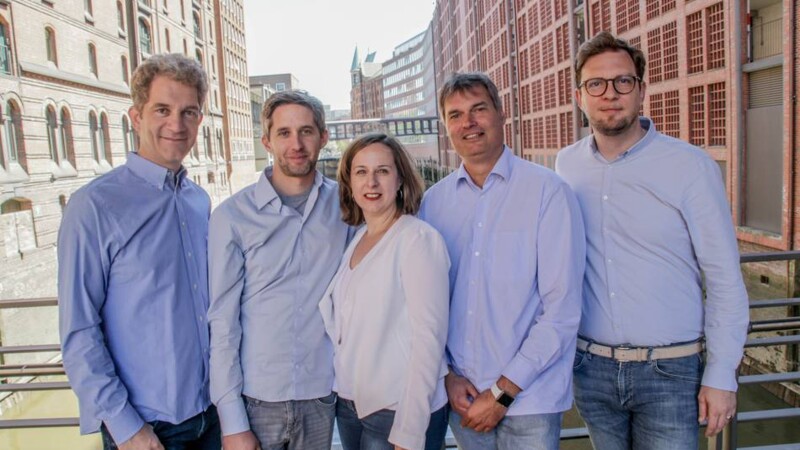The name, Phoenix Reality, is inspired by the fabulous bird of legend. “It suits us, because we aim to create something entirely new that no one has seen before,” said Davina Cochrane, who founded the company with Aljosha Petrovic and Jan Lygnos last May. But the team has been developing mixed reality Installations and applications for the event, arts and entertainment sector since 2017 and have showcased their work at various trade fairs and events. “We were at the Millerntor Gallery and at the Credit Exhibit, an exhibition format for urban planning,” Lygnos said. The team sketched out major Hamburg streets using holographic elements to show what the city could look like in 2045.
Phoenix Reality moved into the Kreativspeicher M28 in Hamburg’s Speicherstadt in December. The location is optimal for the new start-up, as its new neighbours – Virtual Reality Head Quarters (VRHQ) and several other technology start-ups – will be able to smooth the path to the market as network partners.
Hamburg in 2045
Project Paranoid: ein Escape Game-inspiriertes Mixed-Reality Live Adventure
Kennengelernt haben sich die Gründer an der privaten Hochschule SAE Institute, wo Cochrane Game Art & 3D Animation, Petrovic „Professional Media Creation“ und Lygnos Game Programming studiert haben. Dort ist auch „Project Paranoid“ als Master-Projekt entstanden. „Das ist ein Escape Game-inspiriertes Mixed-Reality Live Adventure“, erklärt Cochrane. Das Spiel führt seine User in ein verlassenes Labor im Jahr 2040, in eine Zeit in der ein Cyber War weltweit zu bürgerkriegsähnlichen Zuständen geführt hat. In dem Labor hatten Forscher versucht, eine Super-KI zu entwickeln, die dem ein Ende gesetzt hätte. Stück für Stück erfahren die Spieler mehr über die Motivation der Forscher und den Stand ihrer Forschung. Da setzt plötzlich der Sicherheitsmodus des Labors wieder ein, die ungebetenen Besucher sind eingesperrt und müssen möglichst schnell einen Weg nach draußen finden…
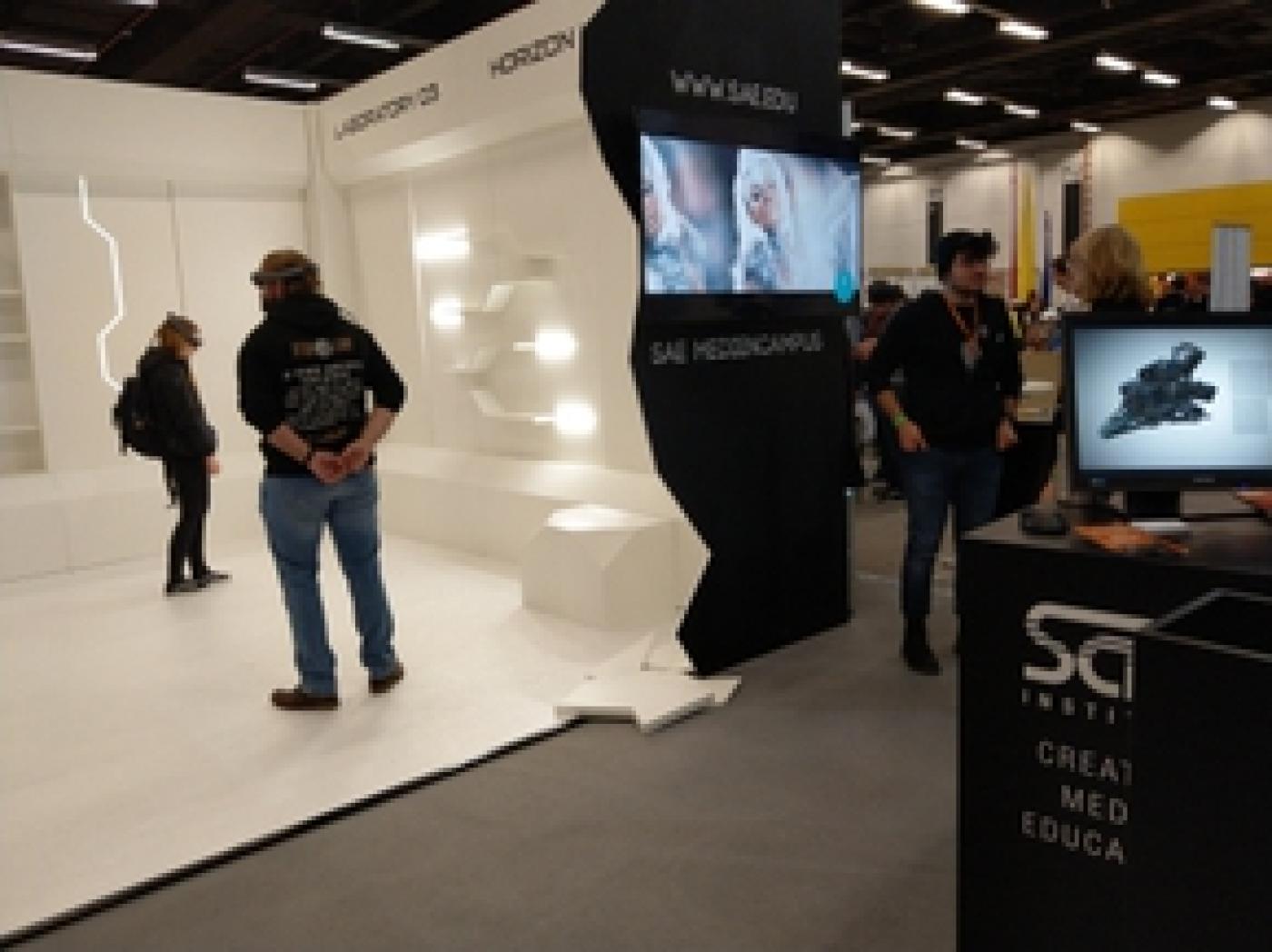
The initiators have adjusted the game’s context based on feedback. “We originally sent the gamers into 2070, but many of them found that too far away and too abstract,” Cochrane explained. Lygnos added: “A 2040 scenario is closer to real life for our users. What they go through in the virtual world could in fact become real during their actual lifespan.”
Holo-worlds lead the way to the future
The founders’ main aim is to bring new technologies to life. While an increasing number of people have had their first experiences of VR applications, Mixed Reality or expanding the real world by means of 3D holograms, for instance, is novel to many. Phoenix Reality aims to provide as gripping an experience as possible to all those immersing themselves in a MR world for the first time. “Our holograms can be modified using the controls and altered, with the gamers exploring shared holo-worlds, instead of operating solo,” Lygnos said. The team also sets great store in storytelling. “We want to familiarise our gamers with future scenarios while at the same time addressing socially relevant themes, such as AI or hacking. The best way to do this is by packaging these themes in a gripping storyline,” Petrovic noted.
Gute Zeit zum Gründen
Petrovic, Cochrane und Lygnos gründen zur rechten Zeit, findet Dennis Schoubye, Projektleiter von gamecity:Hamburg: „Technisch gesehen gab es nie eine bessere Zeit als heute, um Computerspiele zu entwickeln. Die erforderlichen Produktionstools sind auch für junge Teams verfügbar und der Gesamtumsatz mit Computerspielen wächst weiter.“ Allerdings weiß der Experte auch: „Gleichzeitig war es aufgrund der großen Anzahl neuer Spieletitel nie schwieriger, Sichtbarkeit für das eigene Spiel und im nächsten Schritt Verkäufe zu erzielen.“
Prototypenförderung und Inkubator
Dafür haben sich gerade die Rahmenbedingungen deutlich verbessert. Die Hansestadt Hamburg stellt von 2020 bis 2023 jährliche Fördergelder in Höhe von 520.000 Euro bereit.
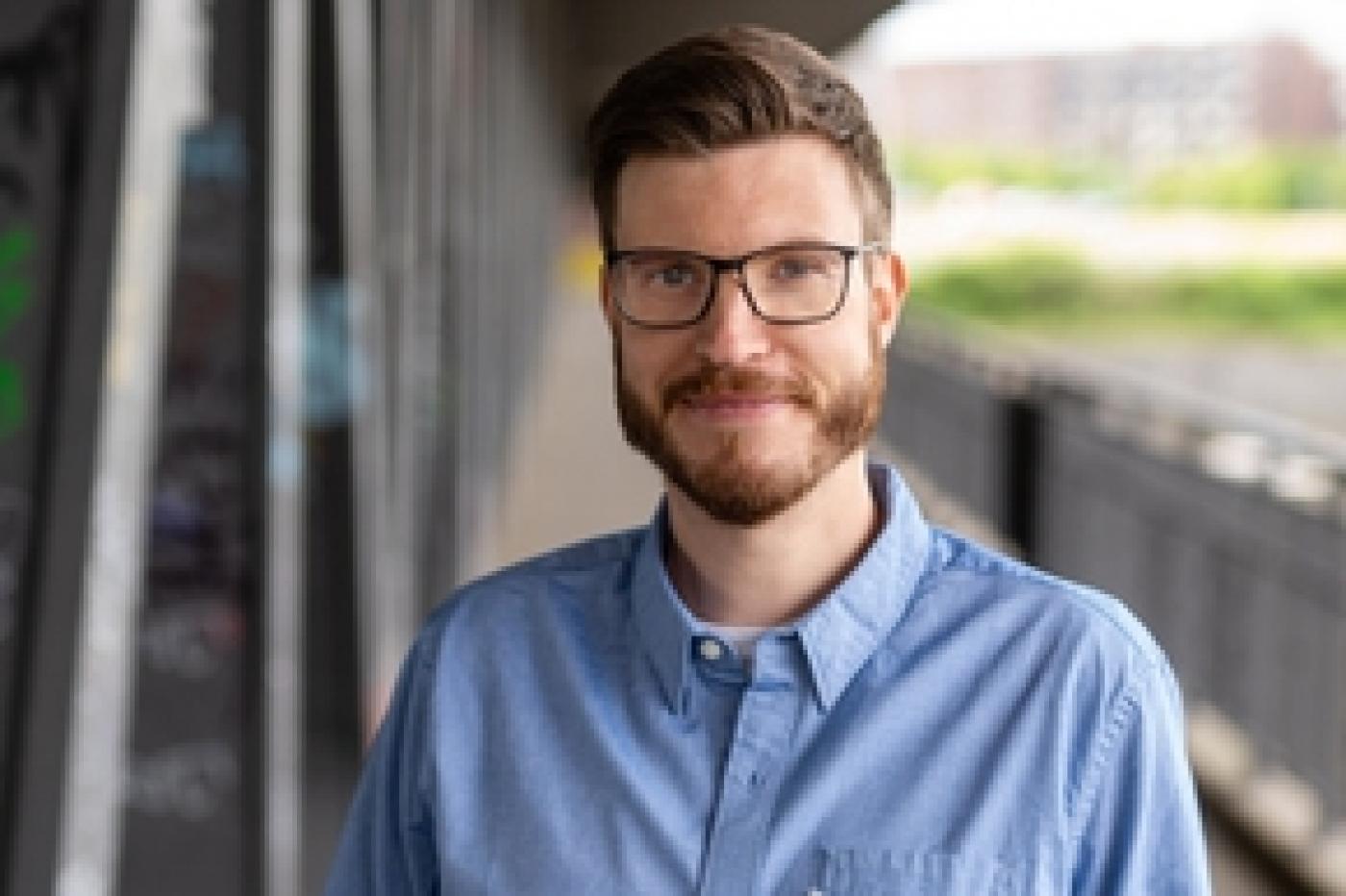
Things are likely to get going in the second half of 2020 – gamecity:Hamburg is providing the consultancy and implementation for the new games subsidies. “Prototype subsidies of up to EUR 80,000 as a non-refundable grant will allow the teams to concentrate on an initial version of their games, with a view to seeking out other investors on this basis,” Schoubye said. Also, an incubator tailor-made to the demands of the gaming sector will in future provide backup to five teams for three months with mentoring, workshops, workplaces and financial support of EUR 15,000 each. More information on gaming subsidies and the first submission date will be published by gamecity:Hamburg in March 2020.
ys/rm/pb
Sources and further information
Hamburg Games Conference
The Hamburg Games Conference will stage the biggest relaunch in its history on February 27, 2020 with both a new concept and location. The top theme “Digital revenue models in games – this is how games developers will earn their money in future with their content will be take centre stage in talks, panel discussions and live “Let’s Plays” in three auditoria at Zeise cinema complex. In keynote speeches and panel discussions, experts will share their expertise on the business models of the future, leadership and corporate ethos, Apple Arcade and increasingly significant markets, such as onboard entertainment and streaming. The target group includes games developers, investors, publishers, influencers, agencies and media concerns.
The agenda and more information can be found on: www.gamesconference.com
More
Similar articles
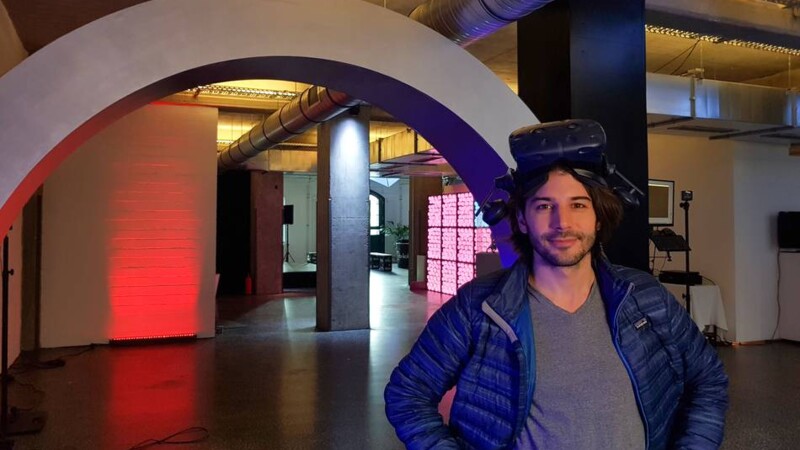
Experience the future in the "Virtual Reality Arcade"
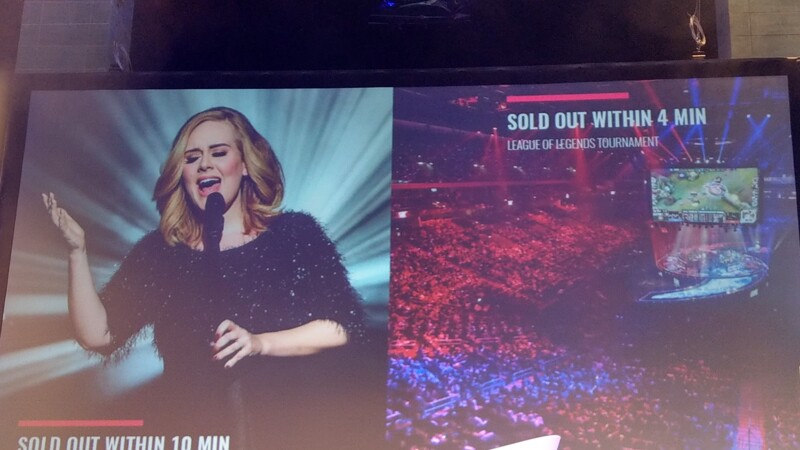
Trendy e-sports gaining clout
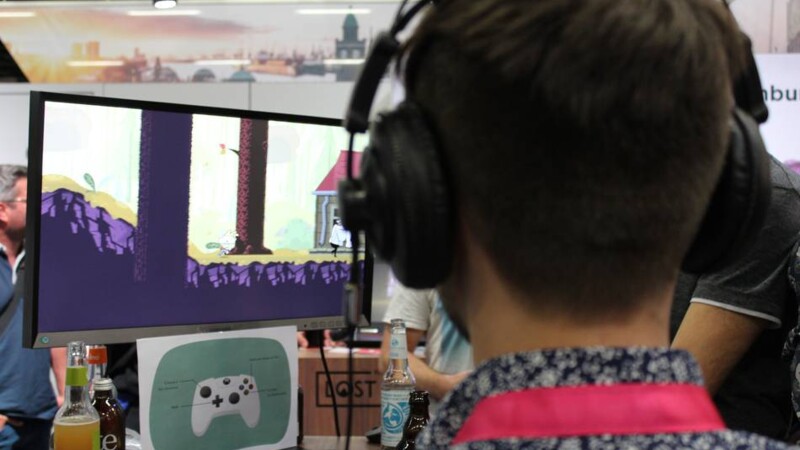
Gaming - more than just child's play in Hamburg
